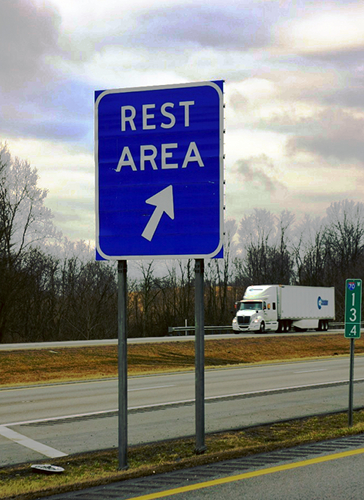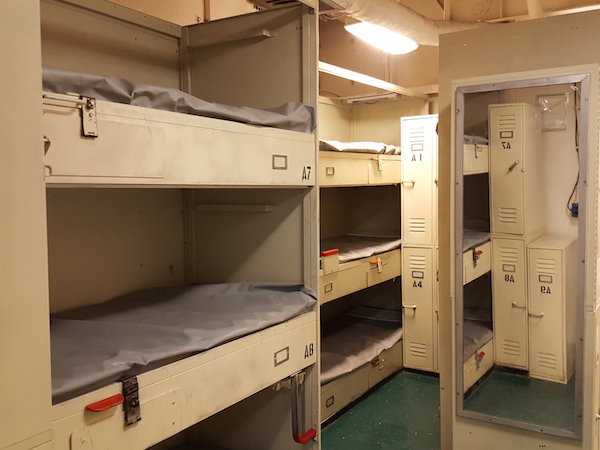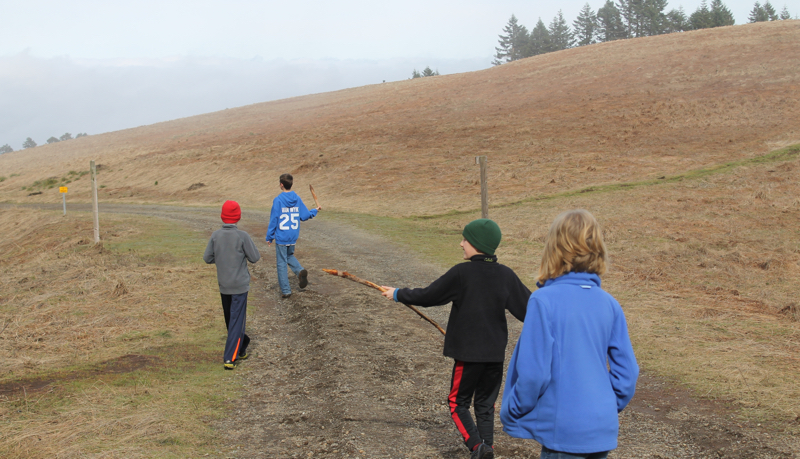Perhaps an unconventional topic for a travel story, this week’s guest post may just surprise you. A subject universal to all true road trippers, the “pit stop” is something we parents try to strategically plan with our kids’ bathroom habits in mind. Whether you have a napper, a potty trainer, or a “last minute” kind of kid, this advice may have you shifting your pit stop paradigm.
We interviewed Jennifer Klestinski, owner of CoreActive Therapy, LLC, a Madison, Wisconsin based center for women, runners and triathletes.
Why is it important to avoid asking your kids to go to the bathroom “just in case” before piling into the car and heading off on a road trip?
Once children are potty trained, it is important to teach good bladder habits. One way to do this is by teaching kids to listen to their body cues with regard to the urge to void (“go #1”) rather than going “Just In Case” before they get into the car. “JICing” involves teaching the bladder to empty when it is less than optimally full. In some children and adults, JICing can lead to urgency/frequency issues. Physical Therapists specially trained in the area of pelvic floor health recommend that you ask your child if they feel like they have to go. If not, then off on your car trip you go.
Biologically, why is it best to let our bladders fill completely before hitting the rest stop?
The bladder is an amazing example of anatomy structure and function; it’s an organ that has special cells that are designed to fill to medium and large volumes before the brain and nerves give the signal to “go.” By teaching our kids good bladder habits, such as avoidance of “JICing,” we are encouraging normal development, as well as a lifelong habit of the brain being in control of the bladder and not the other way around.
You say it’s important to stay hydrated on the go? How can avoiding fluids on long trips backfire on families?
It is important to clarify that we are not talking about fluid restriction the last hour or so before bed time in a newly dry-through-the-night child in this scenario. That said, another key habit to teach our kids is to hydrate throughout each day (preferably with water!) to the level that allows their pee to be pale yellow or “the color of lemonade.” When poorly hydrated, our bladder can become irritated by the high concentrations of waste products contained in the dark/smelly urine. The bladder may then contract on its own, again putting the bladder in control instead of the brain. Proper hydration is especially important during hot/humid or very cold/dry weather or when traveling to arid locations like the Southwestern US (anyone who has been to Colorado or Arizona can relate).
How can moms, especially, help our long-term pelvic health by encouraging our kids to climb up into their own car seats?
In my practice, two common issues I see new and experienced moms for are pelvic organ prolapse and back/pelvic girdle pain. In addition to individualized assessment and education/instruction, I teach my clients to allow their kids to be as independent as possible in getting into/out of their carseats. Even if it takes a bit longer—with supervision—kids as young as two can climb well. Fostering independence climbing in/out of the car can affect in a positive way the pressure on pelvic organs and loading of the spine and pelvis by reducing repetitive motions and total lifting volume most moms do each day.





